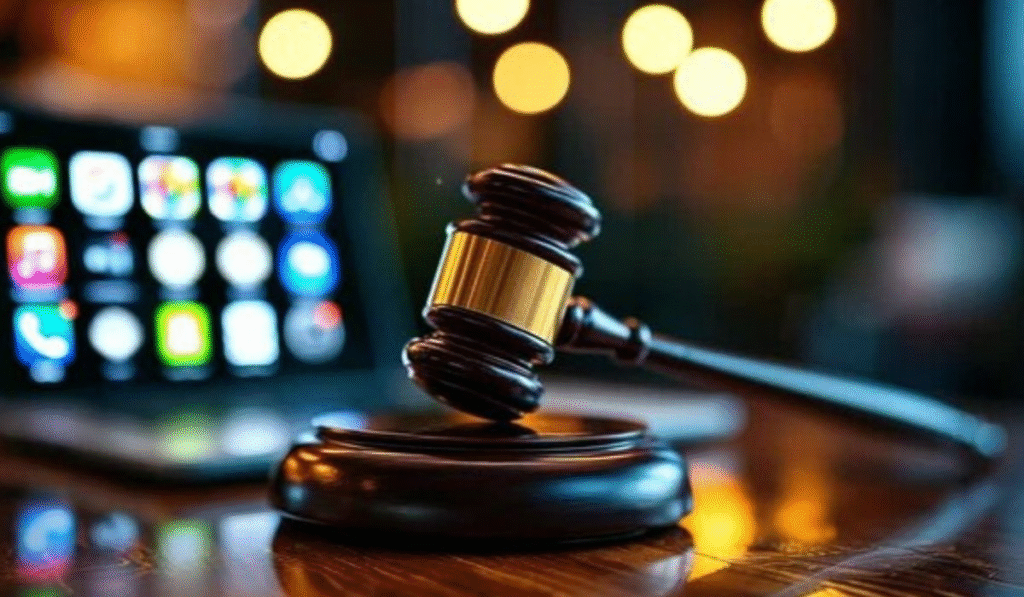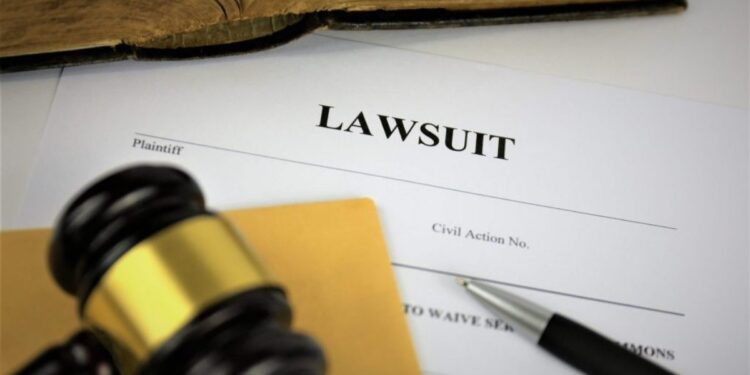Drive Social Media Lawsuit has transformed the way businesses interact with customers, promote products, and manage brand identity. Platforms like Facebook, Instagram, Twitter, and LinkedIn allow businesses to reach millions of users instantly. However, this convenience comes with legal risks. One of the emerging concerns in the digital business landscape is the Drive Social Media Lawsuit, which refers to legal actions arising from social media campaigns, advertisements, or user interactions. Understanding the scope of these lawsuits is critical for businesses to avoid financial and reputational damage. Companies must navigate complex legal frameworks to ensure compliance while leveraging social media effectively.
Understanding the Legal Basis of Social Media Lawsuits
A Drive Social Media Lawsuit often arises from claims of defamation, false advertising, copyright infringement, or violation of privacy laws. Social media content can be easily shared, making it difficult to control how a message is perceived or used. For instance, a post intended as humorous could be interpreted as offensive, leading to potential legal consequences. Moreover, businesses may face lawsuits if they fail to disclose sponsored content or misrepresent products. Courts have increasingly held companies accountable for online behavior, emphasizing the need for a proactive legal strategy. Legal advisors specializing in social media law often recommend reviewing content policies, employee training, and monitoring tools to mitigate risks.
Key Triggers of Drive Social Media Lawsuits

Businesses can face lawsuits for various reasons related to their online presence. Misleading marketing claims, unauthorized use of copyrighted material, and failure to protect user data are among the top triggers. Additionally, online harassment, negative reviews, and defamatory posts can result in legal action. A single poorly thought-out tweet or post can escalate into a lawsuit costing thousands of dollars in legal fees. Companies must maintain a robust compliance framework to identify potential risks before they escalate. This includes monitoring employee activity, creating clear social media guidelines, and implementing approval processes for content.
The Impact of Drive Social Media Lawsuits on Businesses
The consequences of a social media lawsuit extend beyond financial costs. Reputation damage is a significant concern, as negative publicity can spread rapidly across platforms. A lawsuit can erode consumer trust, affect partnerships, and disrupt marketing campaigns. Additionally, businesses may incur regulatory scrutiny, which could lead to stricter oversight or penalties. For small and medium enterprises, the impact can be devastating, sometimes threatening their survival. By understanding potential threats and proactively managing social media presence, companies can reduce the likelihood of facing a lawsuit and protect their brand integrity.
How to Prevent Drive Social Media Lawsuits

Prevention is always better than litigation. To avoid a Drive Social Media Lawsuit, businesses must implement clear social media policies, conduct regular employee training, and ensure compliance with advertising and copyright laws. Legal disclaimers and disclosures are essential when promoting products or services online. Companies should also monitor user-generated content and respond promptly to complaints or disputes. Engaging legal counsel to review social media campaigns can prevent unintentional violations. Building a culture of accountability and awareness within the organization helps minimize risks while promoting responsible social media use.
Navigating Legal Procedures in Social Media Lawsuits
In the event of a lawsuit, understanding the legal process is crucial. Social media lawsuits typically involve the filing of a complaint, discovery, and possibly settlement negotiations or court trials. Companies must gather evidence, including screenshots, user interactions, and communication records, to defend their position. Legal representation experienced in digital law is essential to handle complex cases efficiently. Courts often evaluate whether the business took reasonable steps to prevent harm, making documented compliance efforts vital. Navigating this process without professional guidance can lead to unfavorable outcomes and increased liability.
Case Studies of Drive Social Media Lawsuits

Several high-profile cases highlight the risks associated with social media activity. For example, companies have faced lawsuits for misleading advertising campaigns, using copyrighted images without permission, or failing to manage harmful user comments. Analyzing these cases provides valuable insights into potential legal pitfalls and illustrates the importance of proactive risk management. Businesses can learn from these examples by implementing stricter content guidelines, ensuring proper disclosures, and training employees on the legal implications of social media interactions. Case studies also reveal trends in how courts interpret digital content and user responsibility, helping companies stay compliant with evolving regulations.
Best Practices for Social Media Compliance
To mitigate the risk of lawsuits, businesses should adopt best practices for social media compliance. These include regularly reviewing content for legal accuracy, avoiding misleading statements, and respecting intellectual property rights. Companies should also maintain detailed records of approvals and communications to demonstrate accountability. Employee education is critical, as many legal issues arise from unintentional mistakes or ignorance of regulations. Additionally, leveraging monitoring tools and audits can help identify potential risks early, allowing corrective action before they escalate into lawsuits. A proactive compliance strategy reduces legal exposure and builds consumer confidence.
Responding to Drive Social Media Lawsuits

When faced with a social media lawsuit, a structured response is essential. Companies should consult legal experts immediately, preserve all relevant evidence, and communicate strategically with stakeholders. Public statements must be carefully crafted to avoid admitting liability while demonstrating commitment to resolving the issue. Settlement negotiations may provide a faster resolution, but companies should evaluate the long-term implications of any agreement. A thoughtful response plan minimizes reputational damage, controls costs, and strengthens organizational resilience in managing future risks.
Conclusion
The rise of social media has revolutionized business communication, but it also introduces legal challenges. A Drive Social Media Lawsuit can arise from various issues, including misleading marketing, copyright violations, privacy breaches, and defamation. Businesses must proactively manage social media activities, implement clear policies, train employees, and seek legal guidance to minimize risk. By understanding the potential triggers and consequences of social media lawsuits, companies can protect their brand reputation, maintain consumer trust, and navigate the digital landscape confidently. Remaining vigilant, compliant, and transparent ensures that social media remains a powerful tool for growth rather than a source of legal vulnerability.
Frequently Asked Questions
1. What is a Drive Social Media Lawsuit?
- A Drive Social Media Lawsuit is a legal action that arises from a business’s activity on social media platforms. It typically involves claims such as defamation, copyright infringement, false advertising, or privacy violations.
2. What are the main causes of these lawsuits?
- The primary causes include misleading marketing, unauthorized use of copyrighted material, privacy breaches, defamatory posts, and failure to disclose sponsored content.
3. How can businesses prevent social media lawsuits?
- Businesses can prevent lawsuits by creating clear social media policies, training employees, monitoring content, ensuring compliance with laws, and obtaining legal guidance for campaigns.
4. What should a company do if it faces a lawsuit?
- Companies should consult legal experts, preserve all evidence, communicate strategically, and evaluate settlement options while maintaining a proactive defense strategy.
5. Can social media lawsuits affect a company’s reputation?
- Yes, social media lawsuits can significantly impact a company’s reputation, consumer trust, partnerships, and market position. Prompt and careful management is crucial to mitigate damage.


















